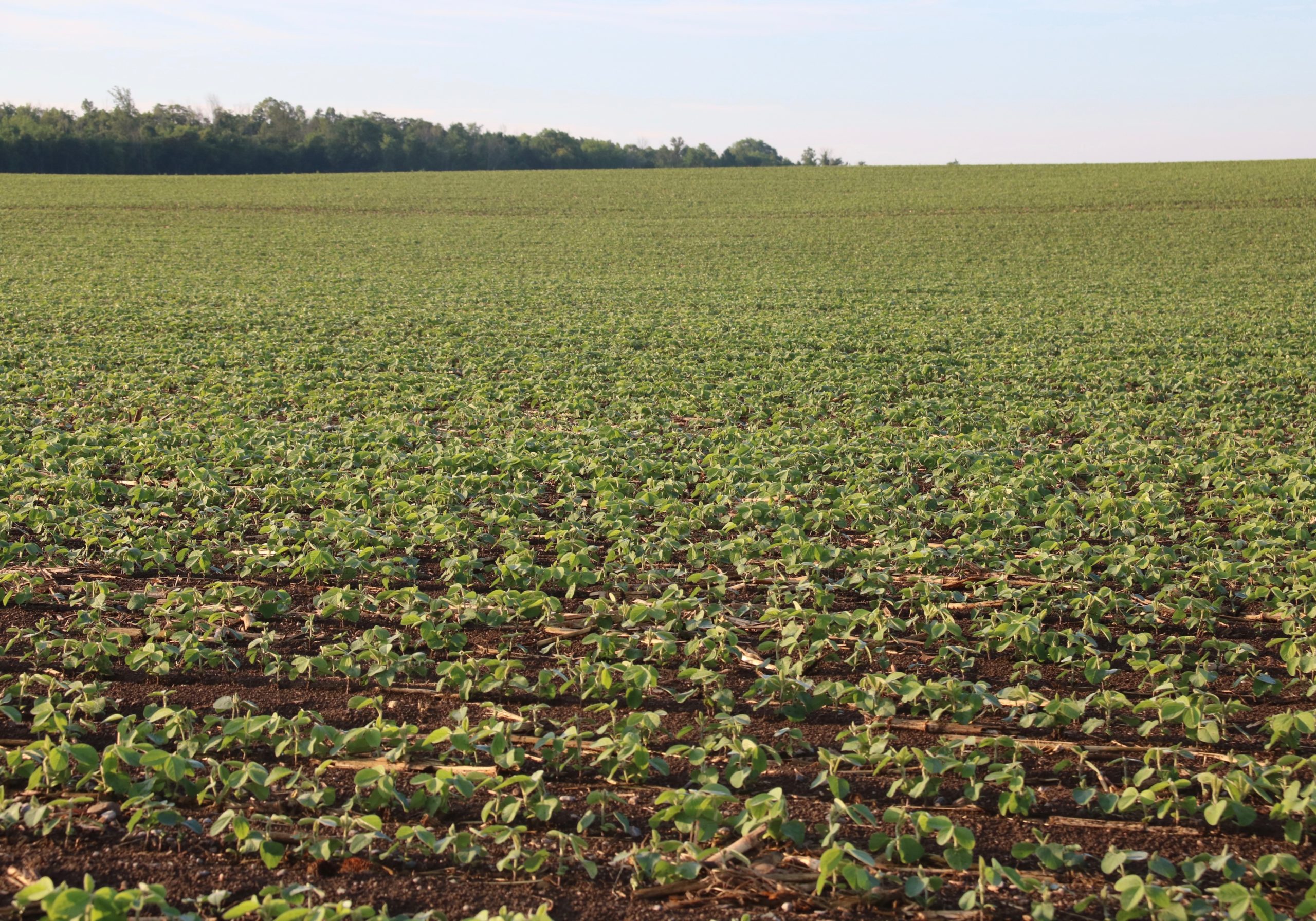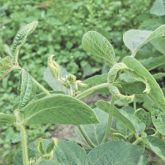American farmers can no longer access several dicamba-based herbicides due to a recent court decision against the Environmental Protection Agency. And while Canada remains unaffected, dicamba is again being reviewed by the federal bureaucracy.
Why it matters: Dicamba-based herbicides have seen renewed use since the arrival of dicamba-tolerant crops.
The United States Courts of Appeals denied a federal regulator’s permit for several dicamba herbicides – Engenia (BASF), FeXapan (Corteva), and XtendiMax (Bayer) – on June 3. This eliminates all three products from the roster of herbicide options available to American farmers, who otherwise would have been able to access each until at least Dec 20, 2020. Tavium, a fourth dicamba product from Syngenta, was not mentioned.
Read Also

Melancthon faces a new quarry fight over water, environment and farmland risks
A proposed Strada blast quarry in Melancthon, Ont., sparks regional debate over water protection, farmland sustainability, and Ontario’s aggregate policy.
New dicamba formulations are less volatile than dicambas used in the past.
Lauded by groups pushing for bans on such chemistries, the restrictions came as a result of ongoing legal challenges against the Environmental Protection Agency (EPA) – the government agency controlling herbicide registrations – centred around crop damage caused by dicamba drift. The three-judge appeal court said the EPA understated the risks posed by the three products, while not giving enough credence to possible social costs.
The official response from Bayer says the company “stands fully behind XtendiMax, and that it will “continue working with the EPA, growers, academics, and others to maintain long-term access to this important tool.”
“Depending upon actions by the EPA and whether the ruling is successfully challenged, we will work quickly to minimize impacts on our customers this season,” says the company’s press release, also published on June 3.
Corteva expressed similar sentiments the following day.
Canada unaffected – but dicamba undergoing review
This action is the latest evolution in a court challenge initiated in 2019 by several environmental groups (Centre for Food Safety, Centre for Biological Diversity, Pesticide Action Network), as well as the agricultural organization National Family Farm Coalition.
This decision, having taken place in an American court and at the behest of largely American groups, has no impact on Canada’s farmers.
“At this time, the recent court ruling in the U.S. has no impact on Canada’s use or registration of XtendiMax herbicide,” says Komie Hossini, Calgary-based associate communications business partner with Bayer. “We stand behind the safety of our products, including dicamba, which is an important herbicide for Canadian farmers.”
However, a review of dicamba by Canada’s Pest Management Regulator Agency (PMRA) is ongoing. This review, says Hossini, is a targeted, special analysis of dicamba, with multiple Canadian registrants, focused “over the top applications” and non-target terrestrial plants.
“Reviews such as this are standard practice, and Bayer will comply with the PMRA’s request and throughout the review process. We believe Canada has one of the safest pest management regulatory systems in the world, and we support PMRA processes.”
The use of dicamba-tolerant crops has been controversial in the United States where greater pressure from herbicide-resistant weeds and less communication understanding about the product has contributed to more spraying of dicamba over growing crop. That means more risk to other nearby crops, which are also growing.
Most use of dicamba-tolerant crops in Canada has been pre-plant, although there have been some dicamba drift cases here, especially in vegetable crops.















